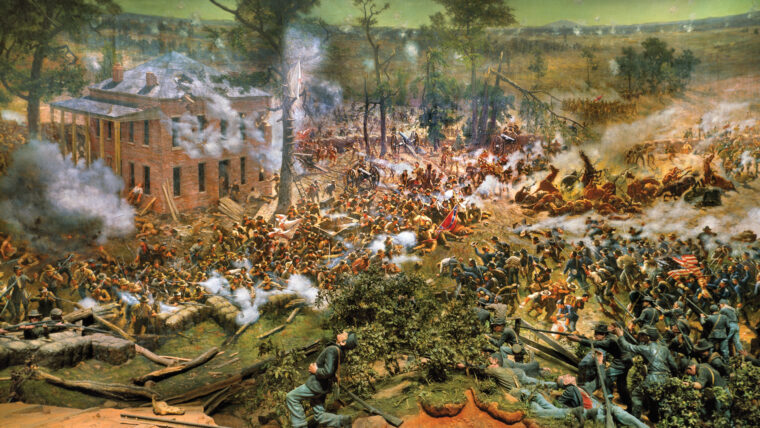
John Brown
Clash at Bald Hill: Atlanta’s Bloodiest Day
By William E. WelshThe guide shook uncontrollably when the gray-clad general pointed his pistol at him in the backwoods of central Georgia on the evening of July 21, 1864. Read more

John Brown
The guide shook uncontrollably when the gray-clad general pointed his pistol at him in the backwoods of central Georgia on the evening of July 21, 1864. Read more
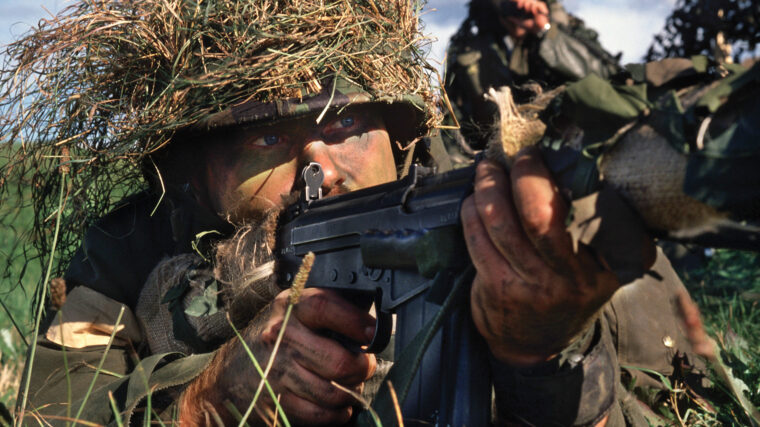
John Brown
British Corporal Steven Newland crept through the inky darkness toward an Argentine sniper who had pinned his troop of Royal Marines on the slopes of Mount Harriet on East Falkland Island. Read more
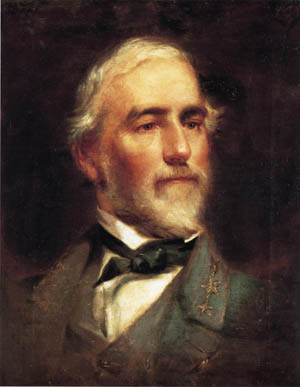
John Brown
When the Civil War broke out, Robert E. Lee of Virginia was offered command of the Union army. Read more
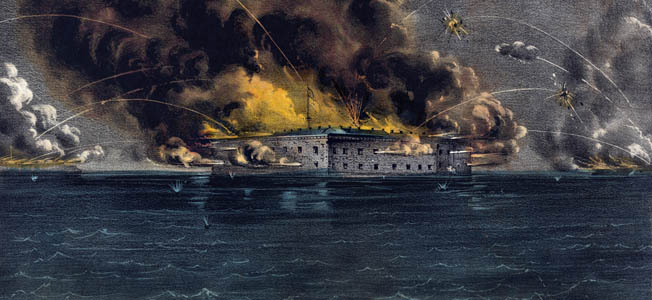
John Brown
One of the catalysts for a major rebellion in the United States were irregular warfare in “Bleeding Kansas” from 1854 to 1861 between anti-slavery Free Staters and pro-slavery border ruffians. Read more
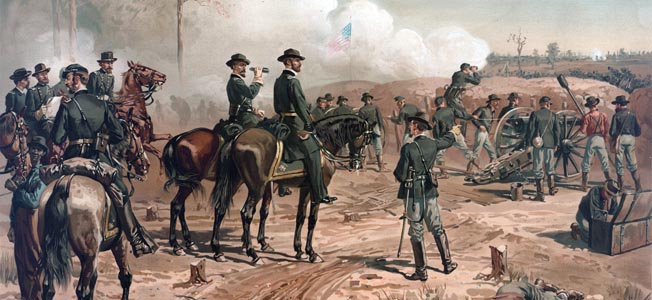
John Brown
On September 3, 1864, a triumphant Maj. Gen. William Tecumseh Sherman telegraphed Washington, “Atlanta is ours and fairly won.” Read more
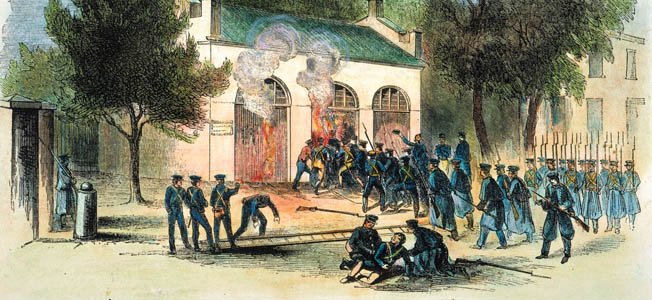
John Brown
On the morning of October 17, 1859, an aide to Secretary of War John B. Floyd hurried off with an urgent message for Colonel Robert E. Read more
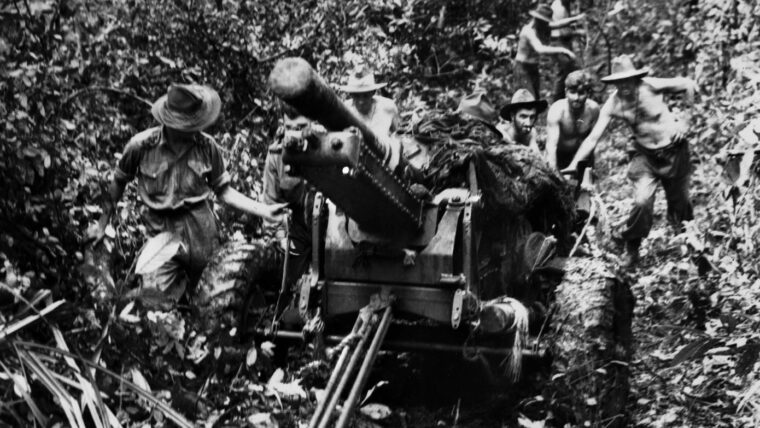
John Brown
One blazing hot day in mid-January 1942, Cornelius “Con” Page, an Australian plantation manager and coastwatcher on Tabar Island 20 miles north of New Ireland reported on his radio a Japanese aircraft passing Tabar and heading for Rabaul on the Australian-administered island of New Britain. Read more
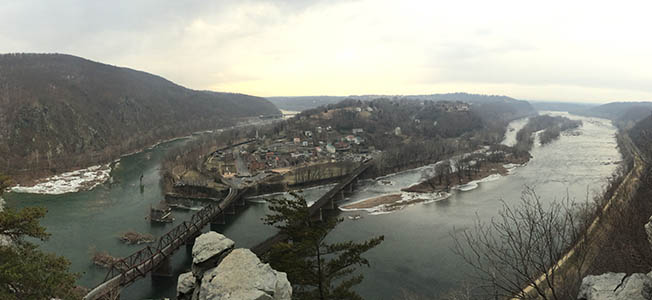
John Brown
Like the tall hills that surround it, the history of Harpers Ferry has many layers. While some of the nearby Civil War battlefields, most notably Antietam National Battlefield, are picturesque, they can’t compete with the grandeur of Harpers Ferry. Read more